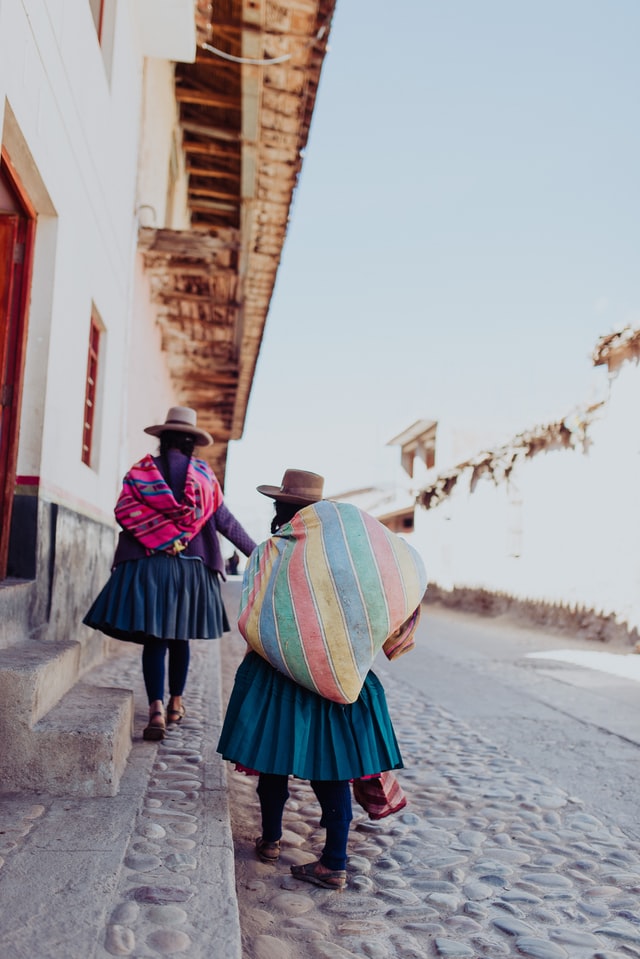Pesantes, M. A. and Gianella, C. (2020)
Mundo Amazónico, 11(2), 93-110
Those who work in indigenous health know that it is very common for Indigenous People or peasants to be represented as guilty for their health problems. Such representations choose to ignore that the poor health indicators in places with the highest percentage of indigenous population are, to a large extent, a consequence of a negligent State incapable of guaranteeing access and availability of quality health services to the country’s indigenous communities. In the framework of the COVID-19 pandemic that has intensely affected the Amazonian indigenous population of Peru, Indigenous Peoples are showing that their cultural practices, ignored and discriminated against by the health sector, can contribute to the care of those affected by COVID -19. Through an analysis of the Matico Command initiative in the Peruvian Amazon, authors aim to show the capacity of Indigenous Peoples to implement autonomous intercultural initiatives.
This article shows that in Peru there is no lack in regulations to implement and intercultural approach in health care. What is needed is a serious recognition that indigenous peoples knowledge can contribute to address the needs of Indigenous Peoples and non-Indigenous Peruvians too.
All article (in Spanish) is available here.
Camila Gianella is a Global Fellow and a Research Leader for the Health & Law Unit at LawTransform. She is the Executive Director of CISEPA Pontificia Universidad Católica del Perú and a researcher at the Chr. Michelsen Institute.
Photo by Persnickety Prints on Unsplash.

